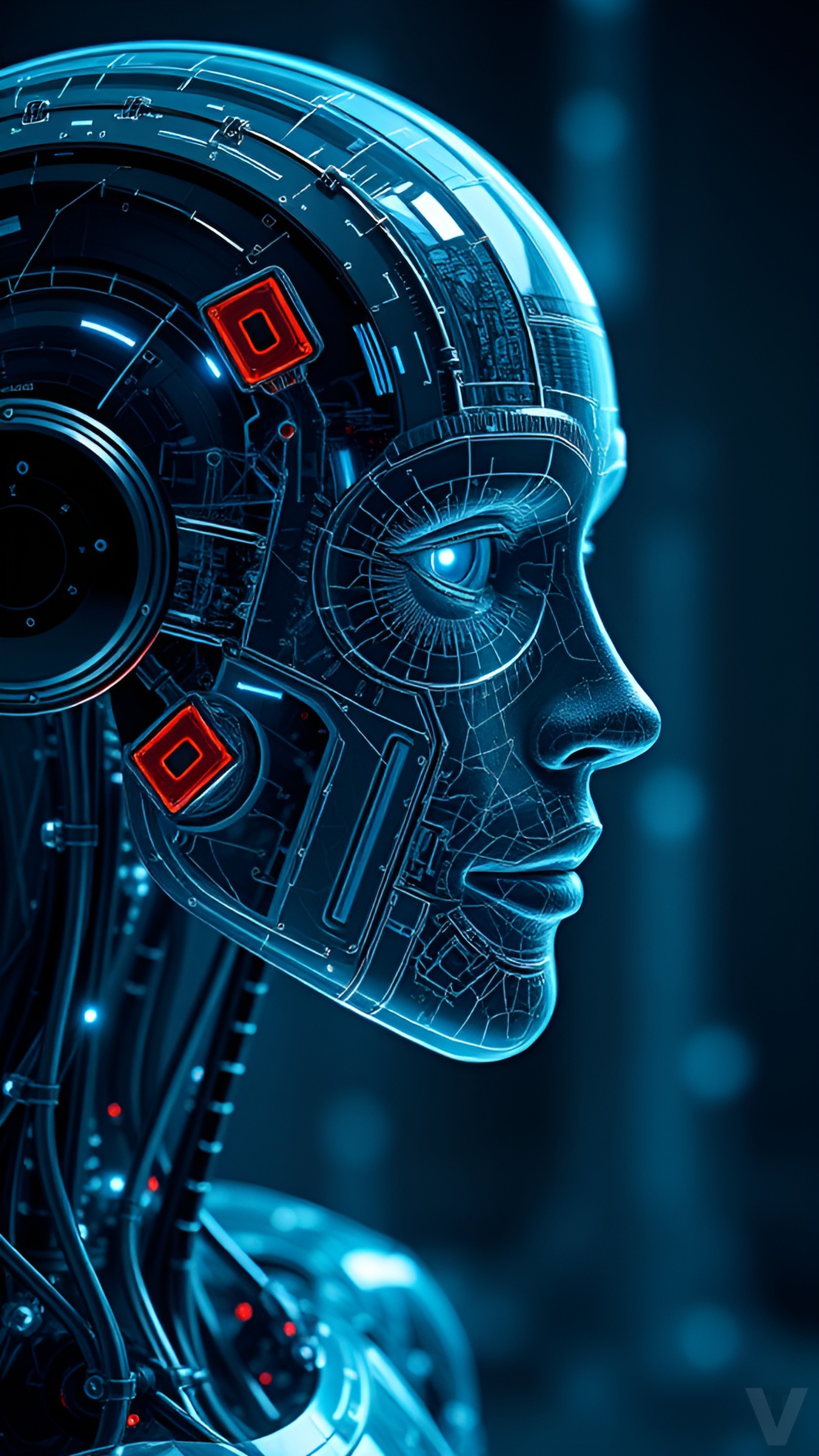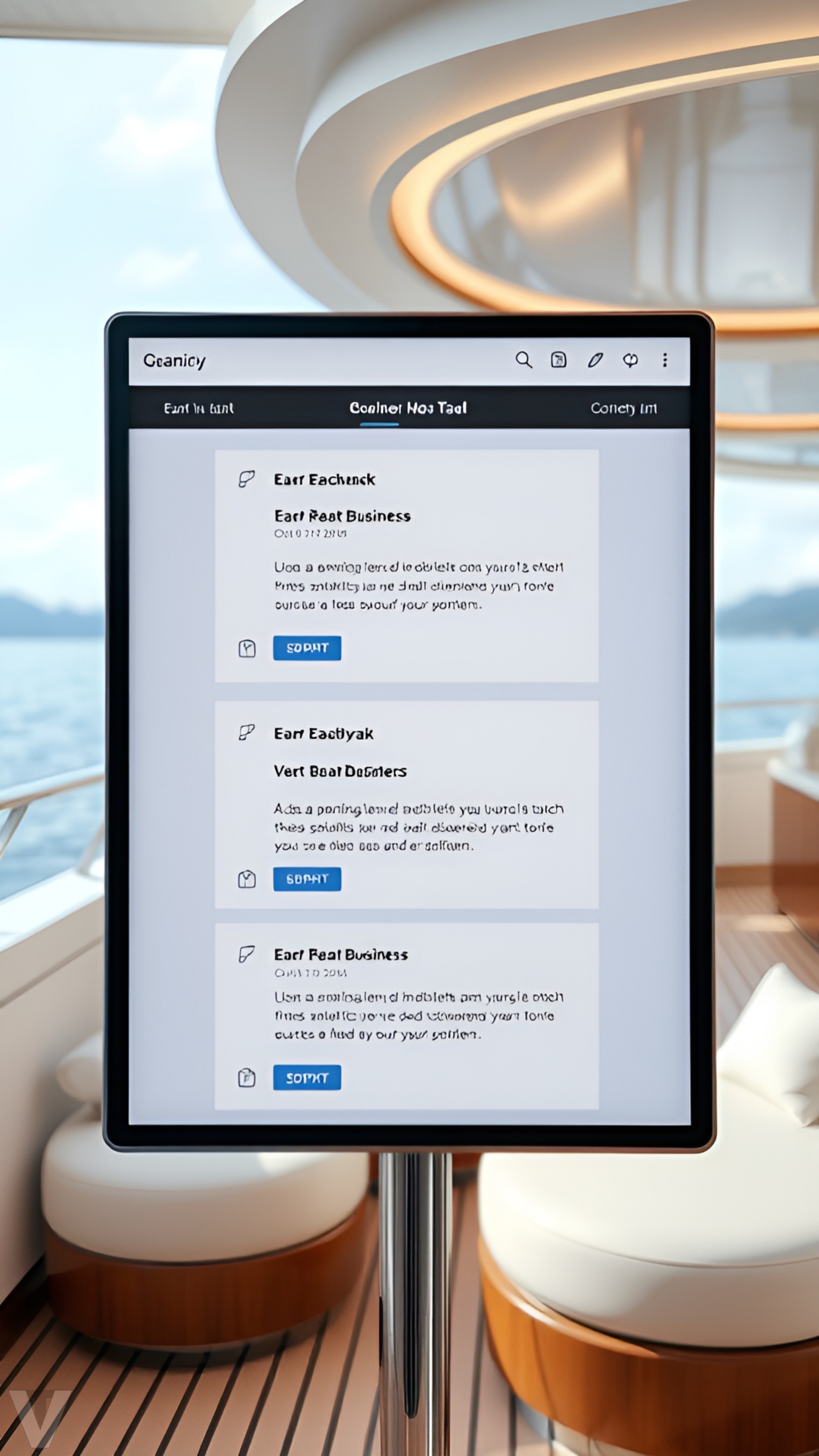- In a market flooded with AI content, brand authenticity and human personality are critical for differentiation and survival.
- AI lacks genuine emotion and personality; successful brands connect with customers through human stories, imperfections, and emotional depth.
- Use AI as an efficient tool for groundwork, but human creativity and oversight are essential for authentic, meaningful messaging.
- Maintaining a consistent brand tone is crucial; human-led guidelines must be used to tailor AI output across all channels.
- Human engagement, storytelling, and emotional connection build trust and community in ways that AI automation cannot replicate.
Brand identity is always about making a message that lingers in people’s heads—one that is above the clutter that comes with a busy marketplace. But in a marketplace in which AI can create words, images, and entire ad copy in seconds, visibility is no longer a consideration. Authenticity is.

Flood of AI Content and the Identity Crisis
AI is everywhere, churning out content at breakneck speed: blog posts, product copy, social media posts, and even logos. It is efficient, cost-effective, and limitlessly scalable. Businesses are jumping on. But with a hitch: if everybody has AI-crafted messages, everything sounds basically the same—familiar! The humanity in a brand, those little moments that are worth a thousand words, are sacrificed in the process.
With a saturated market, differentiation is no longer a nicety but a survival necessity. The way that you can really stand out is by giving your brand that which AI cannot: human personality, emotional depth, and a human-led, consistent tone.
People connect with narratives, not with formulas. They remember brands that are human, brands that stir something greater than a transaction. In a sea of AI-crafted homogeneity, those companies that will thrive are those that break free from automation—companies that weave in each experience with human authenticity, are true to a sense of principle, and create experiences that speak on a human level.

Personality Over Perfection
AI-written copy is crisp, formal, and technically accurate. But it does not have jokes, wit, or those little imperfections that give a brand a human quality. Human beings are not drawn to perfection. They are drawn to stories, emotions, and a feeling that a human is on the other end.
If a brand wants to keep its identity intact, it can’t leave everything in AI’s lap. The perfect approach is to let AI do the groundwork but allow a human to contribute that little something that makes a huge difference.

The Requirement for Authentic Brands in a Digital Age
While AI can mass produce, making it authentic is key. Customers can sense a lack of uniqueness in a brand in seconds, as much as a sense that a message is overproduced. To be authentic, brands can imbue AI-supported messages with their culture, values, and tone. That is, using AI as a means of becoming more efficient, with human creativity determining the message. Authentic brands listen, speak from experience, and attempt to craft messages that speak on a human level.

Consistency
Most AI copy is trained on a massive body of data, which means that it is pulling from a variety of styles, tones, and sources. A firm that overuses AI before it is perfected can have an inconstant tone—one minute formal and refined, another minute relaxed and joking.
Your brand should be consistent in tone across all channels. Social media, email, blogs, product copy—regardless of channel, it sounds familiar. The key is that you do that by having good brand guidelines. Pick key phrases, a tone that you prefer, and the personality that will allow you a competitive difference. Once you have AI in play, you tailor its output to those guidelines before you publish.
Emotion Always Wins
While AI can reproduce human words, it does not really have emotions. That is incongruent because branding is emotional. The brands that are likely to be remembered are not just selling a product—they’re stirring emotions. Take those brands that have a firm identity: Apple, Nike, and Coca-Cola. They’re not selling phones, sneakers, or soda. They’re selling innovation, grit, and happiness; they are selling a feeling.
No amount of AI can replace the emotional insight that a great marketer has regarding understanding when to prod, not prod, and take a risk. That human instinct is what keeps a brand alive and human.

Quality Over Quantity
You can pump out material at lightning speed with AI. A couple of hours worth of work on a blog can be spewed out in seconds. But more isn’t always more. People are information-saturated, and if the material is repetitive, robotic, or not very creative, they will scroll on.
With everything that is becoming so digital, it is easy to forget that material branding is still key. Human beings love material experiences—touching a well-crafted business card, flipping through a carefully laid out brochure, or opening a product with a sense of its high-end packaging. Even printing services are becoming more high-tech in order to fill that requirement with hyper-personalized material that helps a brand in its material form.

Balance Between Automation and Human Creativity
Tools that are AI-based are wonderful at cracking data and spilling words in a matter of minutes, but a line is drawn between AI-based work and creativity stagnation. A brand that overuses AI risks becoming stale. The perfect approach is a combination of AI-based speed and human creativity. Writers, designers, and strategists can direct AI-based output towards making it fit into a tone and a set of values in a brand. AI can accelerate workflows, but human input will always add meaning and authenticity.

Community Engagement Is More Important
Real conversations are necessary. One thing that AI cannot do. Truly connect with human beings. Certainly, chatbots can answer simple questions but not create genuine relationships. Customers are seeking out engagement with brands that listen, respond, and create a sense of belonging. Active participation on social media comments, direct messages, and personalized email responses keeps brands human in a more robotic existence.
Storytelling Is Still the Ultimate Tool
No algorithm can match a real story. Successful brands are those that excel at storytelling through either their history, their purpose, or those who have experienced it. A great story makes a brand more human, and human beings recall stories much more vividly than bland advertisements. Businesses need to be about sharing authentic, engaging experiences that form a human-emotional connection. AI can be used in framing content, but a human is always at the source of a great story.

Importance of Ethical AI Application in Branding
While AI can be a wonderful instrument, ethics have to be paramount. Brands that over depend on AI in a nontransparent manner can risk alienating customers. Ensuring AI-produced copy is created, refined, and utilized in a responsible manner is critical. Customers appreciate that brands that adhere to ethical AI usage will have more credible brands.

Adaptability
Digital space is a dynamic energy—changing, growing, reconstituting itself at a rate that is unmatched. Whatever was effective yesterday can be outdated tomorrow, and those brands that cling will be reduced to background noise. AI is a tool, a force that accelerates, a facilitator of efficiency. But a brand’s soul is human. The brands that will break through the noise are those that realize that balance—the brands that integrate automation into strategy without stripping away human intuition.
In a more technologically advanced, code-based world, the greatest power is still that which is genuine. The power to move a human emotionally, to engender trust, to create a sense that a human is seen—is a form of power that AI can’t compete with. And that is what will be a distinguishing quality between visionaries. Adaptability is more than survival.

The Human Upper Hand
No matter its development, AI can’t replace human creativity. The ability to think out of the box, connect in the moments, and produce material that resonates with people is what is human. Businesses that keep creativity central with AI as a facilitative tool will always be competitive, but real engagement will be at the forefront of any brand.
Curated and written by humans in their line of work and respective fields.
VitalyTennant.com is an informative business website, with a hint of entrepreneurship.











